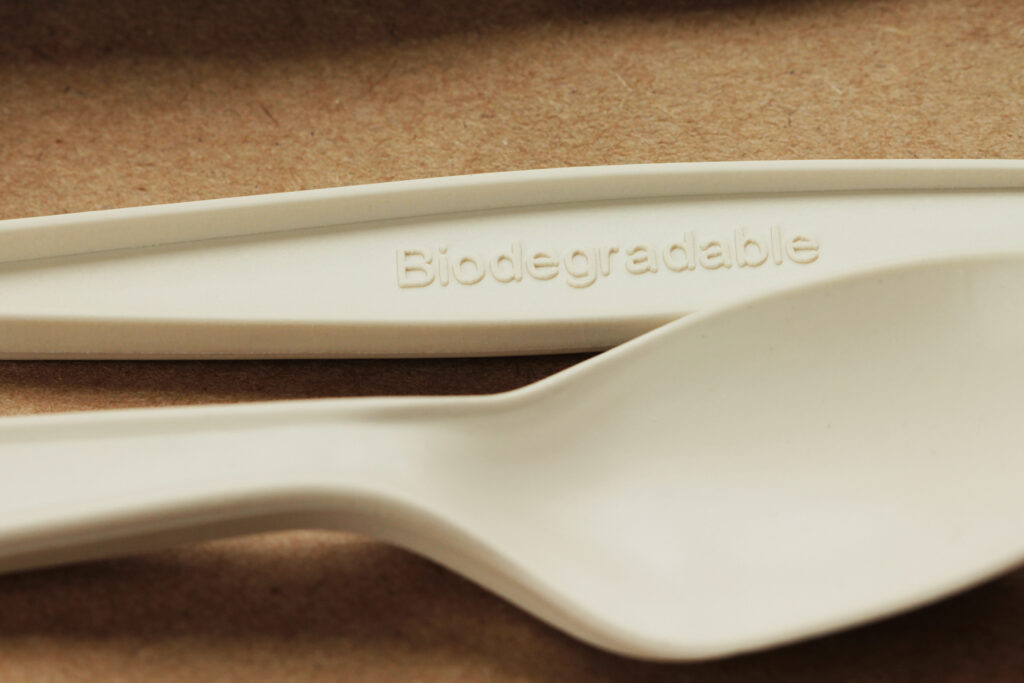Tackling plastic waste through biodegradability: does the solution lie in formaldehyde?
It is no secret that we are currently going through a serious waste management crisis. Plastics in particular are stuck in the middle of this discussion: on the one hand, living without plastic is unimaginable; on the other hand, if we do not find solutions to the plastic litter issue, our oceans and our soil will be polluted to irrecoverable levels.
That is why for some years now, industries and researchers have been looking at biodegradable plastics as a possible way to substitute the materials that are currently present in our homes, at work, in vehicles and in most of the other thinkable places.
What is the point with formaldehyde?
Formaldehyde is a very versatile building block that is used to produce other – more complex – chemical molecules. One of them is called 1,4-Butanediol, or BDO. Coming from a reaction of acetylene and formaldehyde, BDO has been known to be used mostly to produce specific resins with direct applications in fibres, in insulators for electronic equipment, or that find their place into car parts such as bumpers.
But in more recent years, BDO has been identified as a key component in the production of biodegradable polymers such as PBS or PBAT. These polymers have been so far used successfully in alternatives to more common non-biodegradable plastics to produce consumer & garbage bags, tableware, or mulch films. Innovation continues into this direction, notably in Europe and China, where the considerable human and activity density make the plastic marine litter an urgent issue to address. Today, it is considered that PBAT and PBS are among the main drivers of the growth in biodegradable plastics.
It is clear that formaldehyde-based BDO and the resulting polymer materials are not a one-size-fits-all solution to solve the ongoing environmental crisis. However, considering the principle of chemical building blocks, the smallest changes may build the greater solutions for an innovative and safer future.
Formacare is the formaldehyde sector group of the European Chemical Industry Council (Cefic) representing key European producers of formaldehyde and derivatives including aminoplast resins and glues, polyacetals, paraformaldehyde and polyols.
Made up of representatives from large chemical and manufacturing companies across Europe, Formacare promotes the safe use and manufacturing of formaldehyde in accordance with the strictest health and safety regulations. Members of Formacare represent approximately 95% of the formaldehyde produced in the EU 27, UK & Norway.

